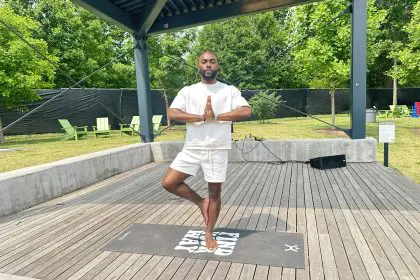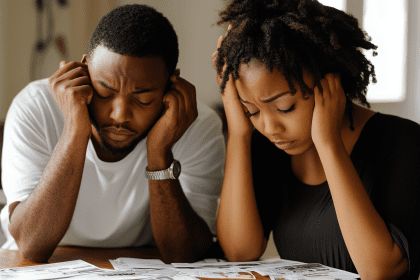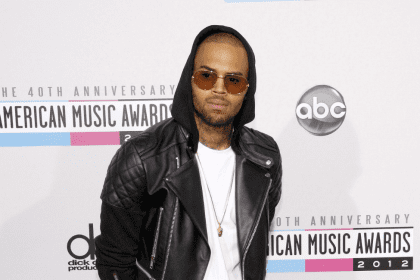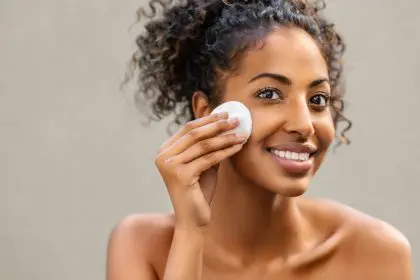
There is no more telling form of self-hatred than when a person deliberately bleaches their skin. The practice becomes especially tragic when the people who take this option are African. Skin-bleaching products are big business in Africa, with Nigeria using the most products. But now the African country of Ivory Coast is taking steps to ban the products used by its citizens because of health risks.
The Ministry of Health for the country issued a statement which reads in part, “Cosmetic lightening and hygiene creams … that depigment the skin … are now forbidden.”
The ban comes in light of the fact that many of these products contain mercury, cortisone and hydroquinine, which is used to develop photographs. According to health officials in the country, these chemicals have been linked to diabetes, skin cancer, leukemia, blood cancer and high blood pressure.
A study by the University of Capetown in South Africa stated that one-third of South African women bleach their skin. These treatments are not cheap and cost the equivalent of $590 per session for the high-end products used in the process. But there is a thriving black market of cheaper products that are used by the poor that are causing the issues. Although there are no official statistics of the global bleaching of skin, the World Health Organization revealed the following African countries with the highest use of skin bleaching products:
Seventy-seven percent of Nigerian women bleach their skin.
Fifty-nine percent of Togo women bleach their skin.
Thirty-five percent of South African women bleach their skin.
Twenty-five percent of Mali women bleach their skin.













